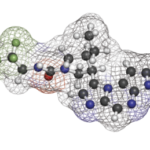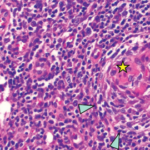As treatments for psoriatic arthritis (PsA) emerge, a clinical trial comparing the Janus kinase (JAK) inhibitor upadacitinib and the tumor necrosis factor (TNF) inhibitor adalimumab provided some new insights. Published earlier this year in The New England Journal of Medicine, the SELECT-PsA 1, double-blind, phase 3 trial found that a 30 mg dose of upadacitinib…









